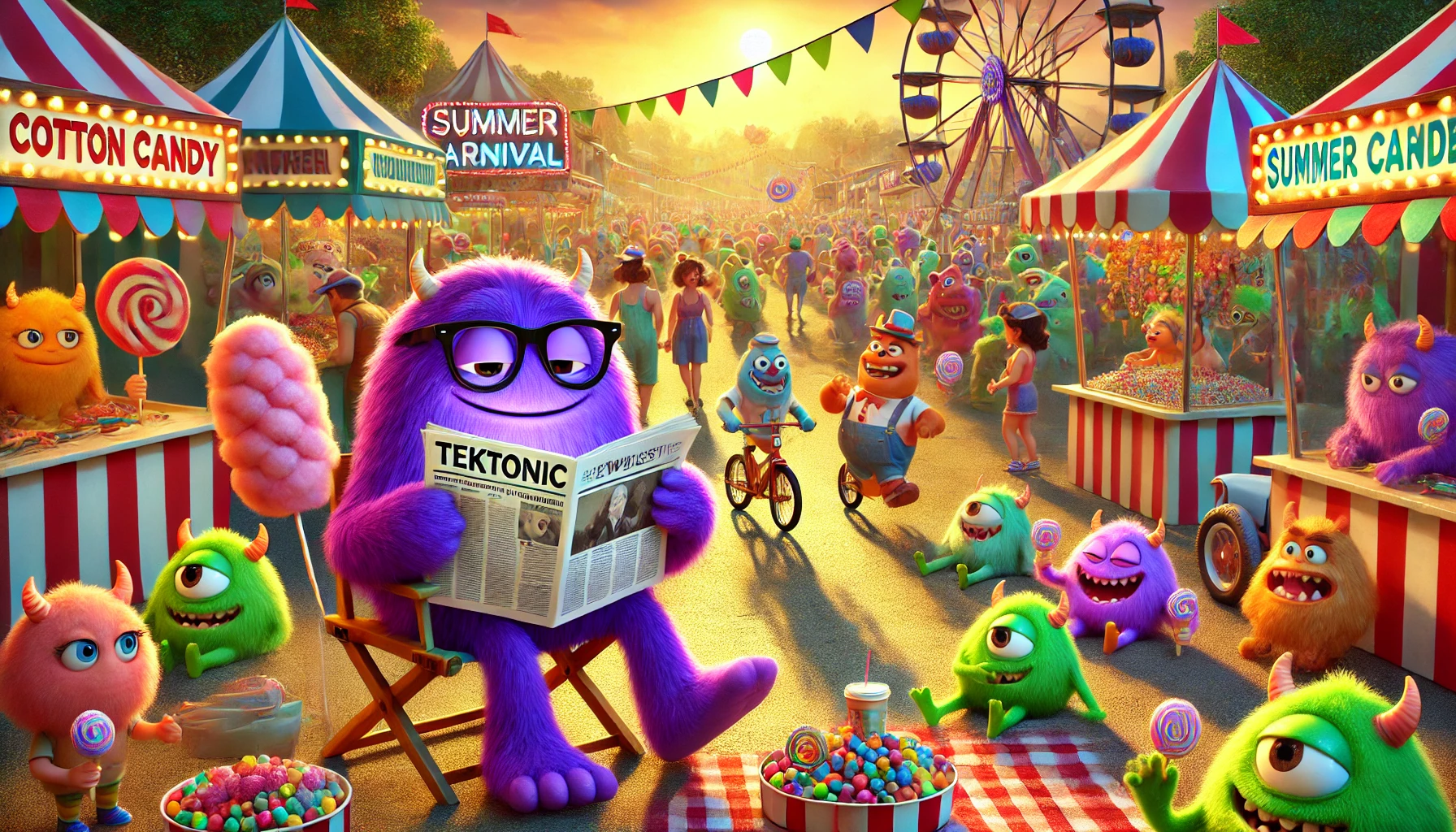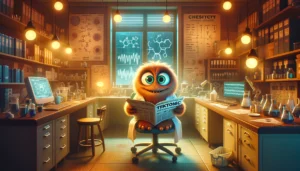This week in AI news has been a bit of a news circus. Amidst talks of a potential breakup of Google, two new, intriguingly named language models debuted on HuggingFace’s Lmsys chatbot arena. One of these models showcased an impressive ability to anticipate future actions – an ability we haven’t seen before. Subsequently, OpenAI introduced a new model—not the anticipated GPT-5, but an updated version of GPT-4o, which swiftly claimed the top spot on the leaderboard. The new chatbot model exhibiting advanced thinking turned out to be Grok 2. Other interesting stories this week include early users of GPT-4o voice chat finding comfort even if it occasionally speaks Welsh, AI being used to protect against counterfeit wine, and MIT releasing a database of 700+ AI risks.
We will start this week’s roundup with a somewhat childish exchange as Mark Cuban accuses Elon Musk of algorithmic bias on X, formerly Twitter. Cuban claims that the platform’s algorithm favors right-leaning profiles, sparking a contentious exchange of poop-throwing between the two billionaires.
Musk is again in the spotlight in a related story with his latest AI venture on X—Grok 2. Musk boasts that Grok, which now includes AI image generation, is “the most fun AI in the world.” However, critics argue that this lack of guardrails is reckless, raising alarms about the ethical implications of unregulated AI image generation.
On the legal front, a landmark decision in California has granted artists a significant victory in the ongoing battle over AI and copyright. A federal judge has blocked attempts by several AI companies to dismiss portions of a copyright case, setting a precedent that could have far-reaching consequences for the creative industry.
Meanwhile, the European Union has taken a bold step in AI regulation by enacting the world’s first comprehensive Artificial Intelligence Act. This legislation, which came into force on August 1, 2024, aims to establish a framework for AI’s safe and trustworthy development. This development is particularly significant for tech giants like Google, OpenAI, and Microsoft, as it will require them to adapt to stricter regulations and could influence similar legislative efforts worldwide.
Speaking of Google, the tech giant is facing mounting pressure on multiple fronts. It is contending with the possibility of a breakup by the U.S. Justice Department following accusations of monopolizing the online search market and losing ground in the AI race. Former Google CEO Eric Schmidt has publicly lamented that the company is falling behind competitors like OpenAI and Anthropic, partly due to its shift to remote work.
In tech advancements, we learned a recent breakthrough in nuclear fusion could drastically accelerate clean energy development. Researchers have unveiled a method that could reduce the design time for atomic reactors by a staggering ten years.
AI’s integration into consumer electronics is becoming increasingly evident in hardware. Google’s latest Pixel phones showcase deeper AI integration, aiming to provide users with a more seamless and intelligent experience. Meanwhile, unveiled this week, the world’s fastest smartphone charger can power up a device in under five minutes.
In healthcare, AI is making notable strides this week. Kaiser Permanente, one of the largest healthcare providers in the U.S., has rolled out Abridge’s generative AI-powered clinical documentation tool across its entire network. This tool is expected to enhance the accuracy and efficiency of medical record-keeping, allowing doctors to spend more time with patients and less on paperwork. Moreover, a study has found that AI can reduce the underdiagnosis of Black patients with heart failure, a condition that often goes unnoticed due to disparities in healthcare. We also learned AI can diagnose stroke from tongue color.
Meanwhile, in the business sector, a recent survey reveals that less than 20% of Japanese companies are currently using generative AI despite its potential to revolutionize industries. This slow adoption rate may reflect a cautious approach due to concerns about the risks and uncertainties associated with AI implementation. Regardless, 60% of companies do not have policies on its usage.
The tech industry is also witnessing a significant shift as companies like Cisco realign their focus towards AI and cybersecurity. Cisco has announced a second round of layoffs this year as it pivots its strategy to prioritize these areas.
China has unveiled the world’s first robotic whale shark, a remarkable blend of space and marine technology. This robotic marvel is designed to explore the ocean’s depths, collecting data that could unlock new insights into marine biology and environmental science. Similarly, Google’s DeepMind has developed an AI-driven robot to beat humans at table tennis.
On the media front, Google’s dominance in search continues to pose challenges for publishers in the AI era. As AI becomes increasingly integrated into search engines, concerns are growing about the potential impact on the publishing industry, mainly concerning revenue and visibility. The trend will continue as we hear about Google’s latest AI initiative. Gemini Research aims to curate information from across the web to provide more detailed, research-based answers, further moving users away from website browsing.
Finally, AI continues to attract significant investment in the startup ecosystem. CodeRabbit, an AI-powered code review startup, has raised $16 million in Series A funding, signaling strong investor confidence in AI’s ability to streamline and enhance software development.
That is it. Stay tuned for more news next week. I APPRECIATE ALL THE READERS. Help spread the word. I put these newsletters together so productive humans like you can stay on top of the latest AI stories shaping our world.
If you like these weekly tech news reports, subscribe to get notified of new editions and updates. For daily updates, check out our news page. For a more in-depth analysis of the week’s news, sign up for our free weekly newsletter to the right of the daily news, or follow me on Twitter or YouTube.



